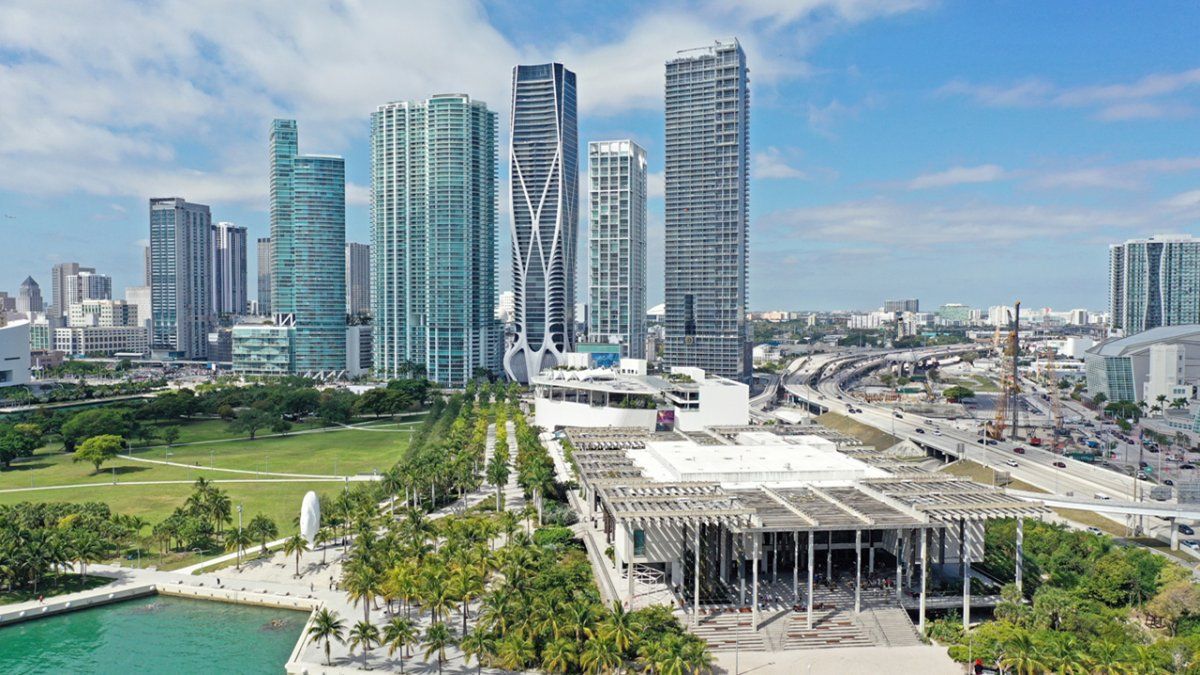GAZA/JERUSALEM (Reuters) – Thousands of Palestinians fled the northern Gaza Strip on Saturday, where an Israeli ground attack is expected, as Israel bombarded the area with more airstrikes and said it would keep two roads open to allow the escape.
Israel has vowed to annihilate the Hamas militant group, which controls Gaza, in retaliation for attacks by its fighters, who a week ago stormed Israeli cities, shot dead civilians and fled with dozens of hostages. Some 1,300 people were killed in the worst attack on civilians in Israel’s history.
Since then, Israeli forces have put the Hamas-ruled Gaza Strip, home to 2.3 million Palestinians, under complete siege and bombarded it with unprecedented airstrikes. Gaza authorities say more than 2,200 people have been killed, a quarter of them children, and nearly 10,000 injured.
Israel had given the entire population of the northern half of the Gaza Strip, which includes the enclave’s largest settlement, Gaza City, until Saturday morning to move south. As that deadline approached, he said he would ensure the safety of Palestinians fleeing along two main roads until 4 p.m. local time (1300 GMT).
Troops are massing around the Gaza Strip, “preparing for the next phase of operations,” said military spokesman Lt. Col. Jonathan Conricus.
Hamas has asked the population not to leave and claims that the exit roads are unsafe. Dozens of people were killed on Friday in attacks on cars and trucks carrying refugees, he said, something Reuters could not independently verify. Israel claims that Hamas prevents the population from leaving to use it as a human shield, which Hamas denies.
In the Tel Al-Hawa neighborhood of Gaza City, in the area that Israel ordered evacuated, fighter jets bombed a residential area overnight, hitting several houses, according to residents who took refuge in the nearby Al Quds hospital and planned to flee. heading south in the morning.
“We have lived a night of horror. Israel punished us for not wanting to leave our home. Is there brutality worse than this?” said a father of three children by phone from the hospital, who did not want to give his name for fear of reprisals. .
“I was never going to leave, I prefer to die and not leave, but I cannot see my wife and my children die before my eyes. We are defenseless,” he said.
The Palestinian Red Crescent said it received an Israeli order to evacuate the hospital but would not do so because it had a humanitarian duty to continue providing services to the sick and wounded.
In Khan Younis in the southern Gaza Strip, where Israeli planes hit a four-story building overnight, residents were trying to rescue people.
“There are martyrs trapped under the rubble and so far neither we nor the doctors nor the civil defense have been able to get them out,” said neighbor Mohammad Sadeq.
LIBERATION OF WOMEN AND CHILDREN
The attacks against Israel have plunged the nation into deep grief and mobilized it for war, with hundreds of thousands of reservists called up in a matter of days.
Families of kidnapped Israelis fear for their safety. Avichai Brodetz, a farmer from Kibbutz Kfar Aza whose wife and three children were taken captive to Gaza, set up a camp in front of the Israeli army headquarters to draw attention to his plight.
“The first thing that must happen is the liberation of women and children,” he told the press. “I don’t want to do politics, I don’t want to be here with you. I love my friends, my home and my kibbutz. I hope we can go back there and you will never see me again.”
Hamas’s armed wing said nine captives, including four foreigners, were killed overnight in Israeli airstrikes. Hamas had already threatened to kill a hostage for every building Israel bombed without warning.
The Israeli offensive against Gaza failed to stop Hamas’ missile attacks on Israeli cities. Air raid sirens sounded in central Israel on Saturday and rockets landed on a greenhouse in Ashkelon and wounded four people at a kibbutz.
The only exit route from Gaza that is not under Israeli control is a checkpoint with Egypt in Rafah. Egypt officially says its side is open, but traffic has been disrupted for days due to Israeli attacks. Egyptian security sources stated that the Egyptian side is being reinforced and that Cairo has no intention of accepting a mass influx of refugees.
A senior U.S. State Department official said the United States is working with Egyptian, Israeli and Qatari officials to open the crossing on Saturday to let some people out, and that he had been in contact with Palestinian-Americans who want to leave Gaza.
Countries and aid agencies have sent supplies to Egypt, but have so far been unable to get them into Gaza. Israel says nothing can enter Rafah without its coordination.
The UN estimates that tens of thousands of Palestinians headed south from northern Gaza following the Israeli order on Friday, adding to the 400,000 Gazans already displaced during the week.
“We need immediate humanitarian access throughout Gaza, so we can bring fuel, food and water to all who need it,” UN Secretary-General Antonio Guterres said on Friday. “Even wars have rules.”
The United States has strongly backed its ally Israel but called on it to protect civilians.
“The vast majority of Palestinians have nothing to do with Hamas and its heinous attacks,” President Joe Biden said Friday. “And they’re suffering from it, too.”
(Reporting by Nidal al-Mughrabi in Gaza, Ari Rabinovitch, Dan Williams, Henriette Chacar, Dedi Hayun, Maayan Lubell, Emily Rose and James Mackenzie in Jerusalem; writing by Peter Graff; editing in Spanish by Carlos Serrano)
Source: Ambito




